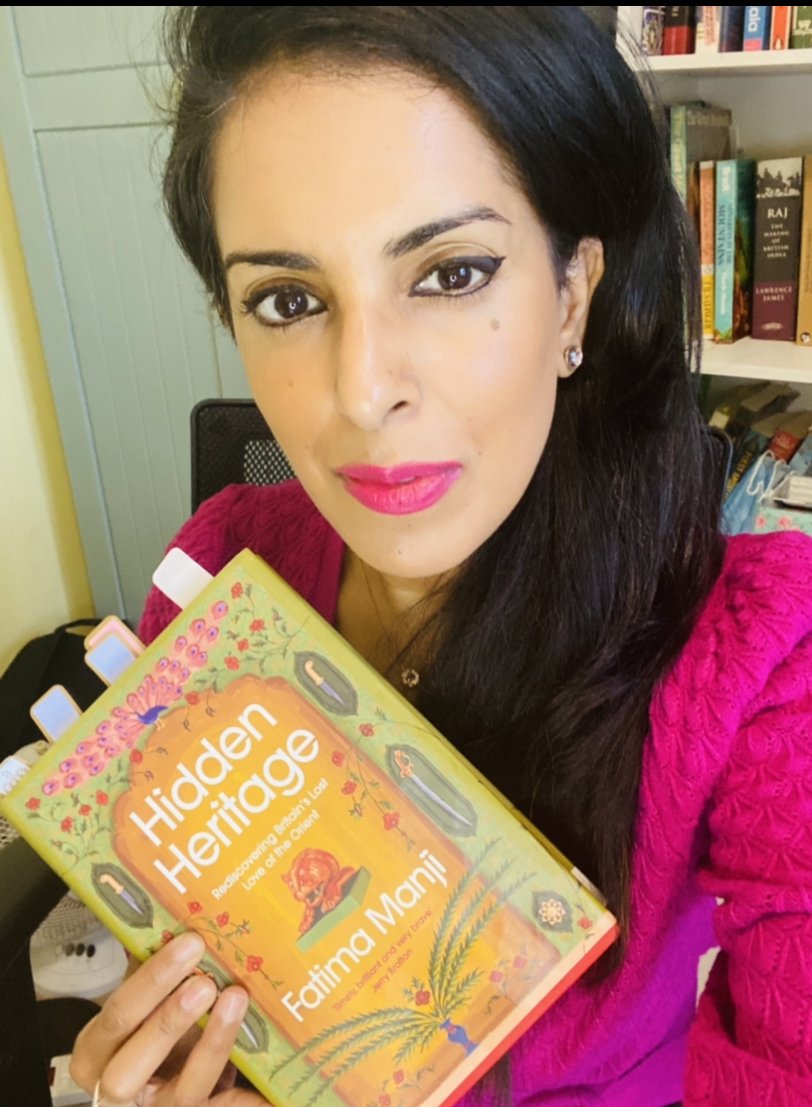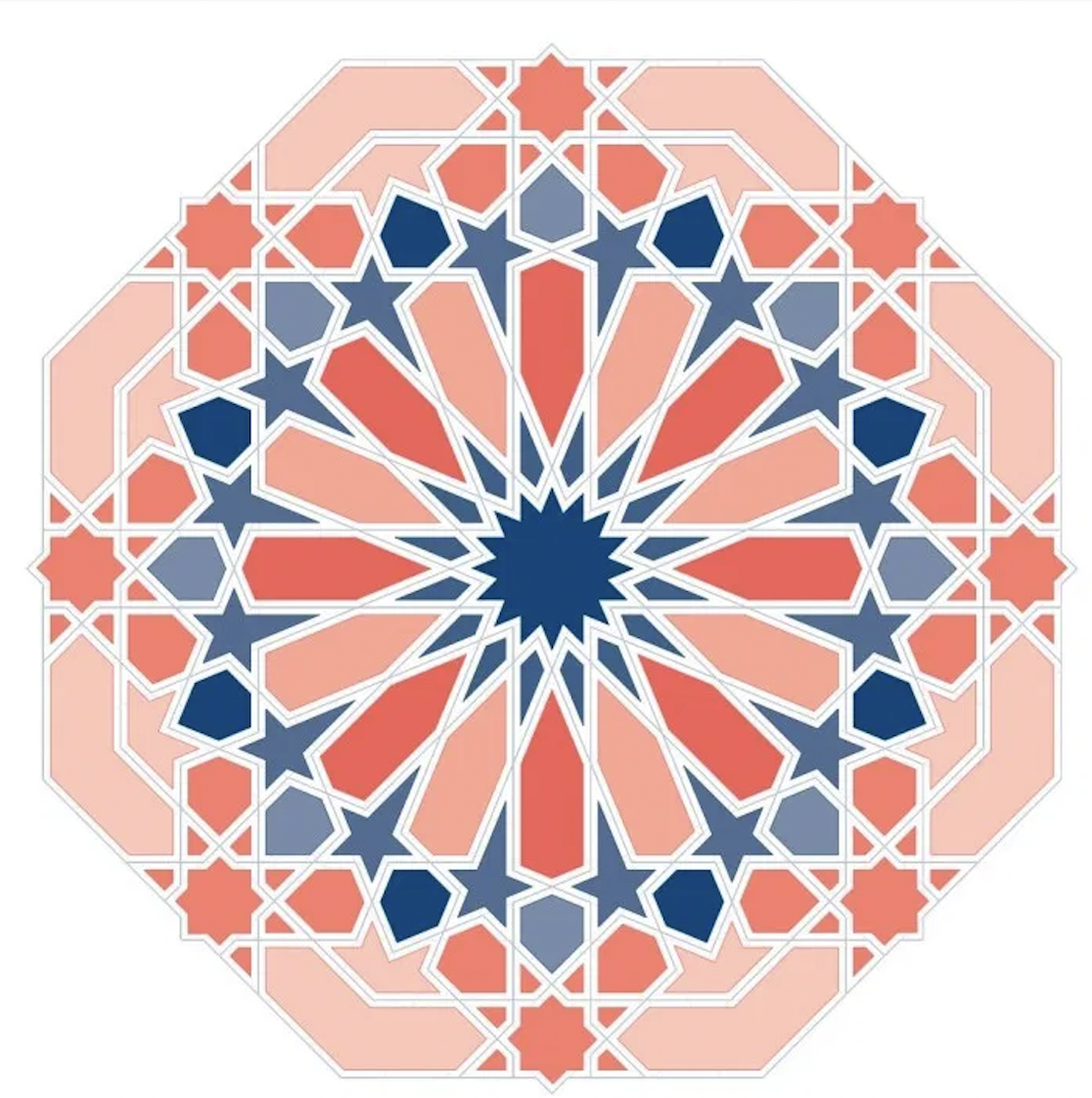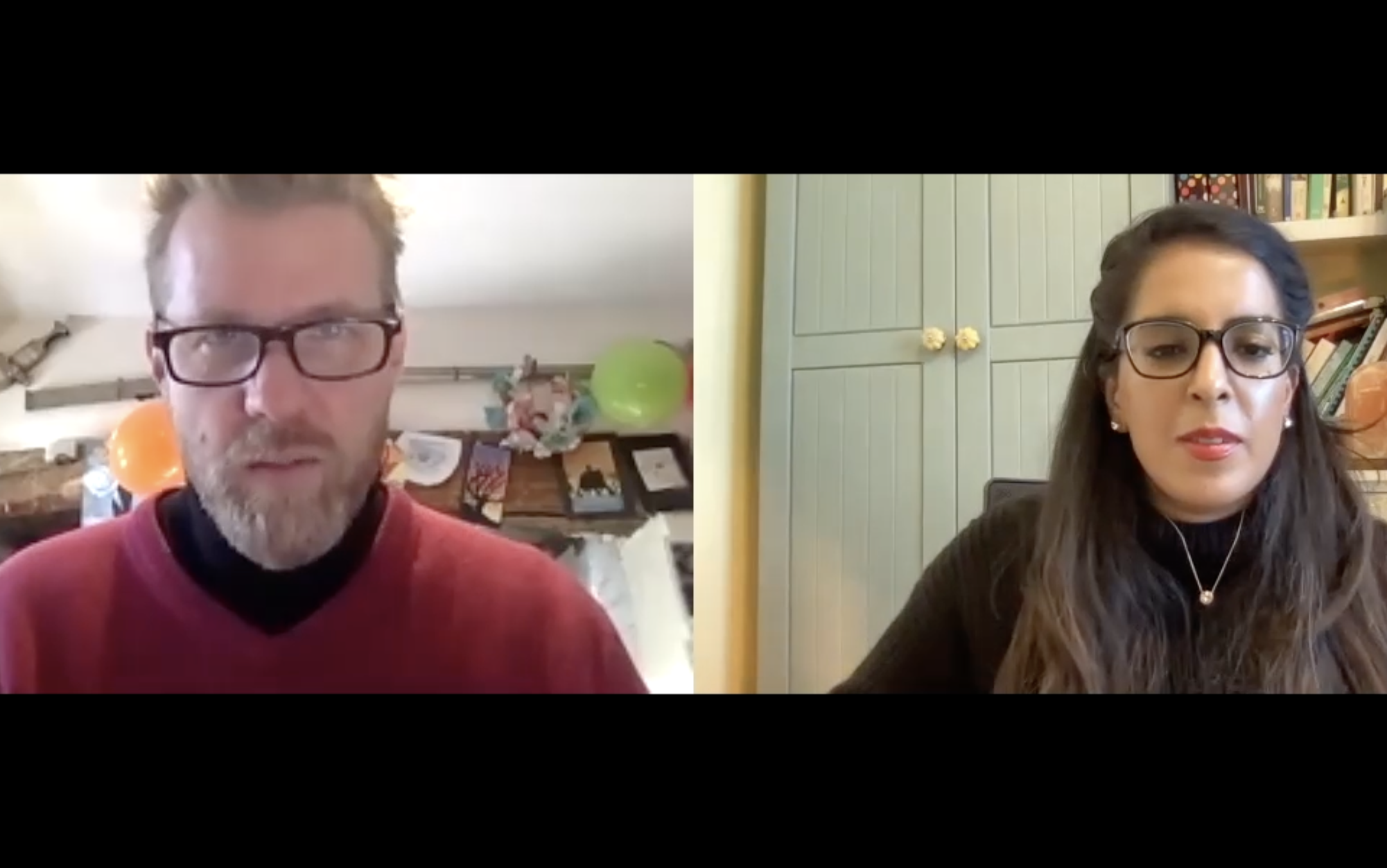Featured Posts
Historical British Mosques
The oldest mosque in Britain is recorded to be in Liverpool from 1889. The Muslim Institute was set up by a group of British Muslim converts, led by Sheikh Abdullah William Henry Quilliam (1856-1932). He was a solicitor who had converted to Islam during his travels in Morocco.
Ibn Fadlan: The real 13th warrior
Minarets in the Mountains: A journey into Muslim Europe
The footsteps of 17th century Ottoman explorer, Evliya Celebi, have been retraced by travel writer and author, Tharik Hussain in his ground-breaking new book, Minarets in the Mountains. The book brings to life this rarely told story of Muslim Europe, and unearths a living history of Balkan people and their 600-year-old Ottoman Muslim heritage and culture.

‘Hidden Heritage’: Britain’s historic links with the Muslim world
In her latest book, ‘Hidden Heritage’, Channel 4 News Presenter, Fatima Manji explores Britain’s longstanding connection with the Muslim world. Fatima’s book was a very timely read, especially as we reflect on the devastating impact of hate crimes and abuse against Muslims this Islamophobia Awareness Month.

Unveiling Pakistan’s vibrant dance culture
Pakistan is a vibrant, colourful country but you may be surprised to learn that the land of cricket, parathas and ladoo also has a rich dance heritage. Dance styles are plentiful across all the regions of this vast country, and include a beautiful variety of folk as well as classical dance.

Review of ‘The Anarchy’: How the British took India
A commonly asked question: ‘How did the East India Company, a small London-based corporate entity become the looter, occupier and eventual ruler of India?’ ‘The Anarchy’ by renowned writer and historian, William Dalrymple, explores this historical upheaval and gives a good overview of how the Company took on the might of the Mughal Empire and succeeded in destroying it.
Iqbal: The visionary behind Pakistan
Muhammad Iqbal, the great poet and philosopher was indeed the visionary behind the Islamic republic of Pakistan; his life and works have shaped Muslim thought and living history, especially in the subcontinent.

Book Review: The Ministry of Utmost Unhappiness
The ‘Ministry of Utmost Unhappiness’ is the second novel I’ve read by Arundathi Roy. The story is set in Delhi with the backdrop of increasing Hindu extremism, and Roy’s own views are echoed a lot in the writing. Her activism on this issue is well documented.

Muslim India: A living legacy
India’s Muslim past is a core part of India. There is a massive legacy, not least that India has a huge Muslim population. There are more Muslims in India, than in Pakistan. The Muslim past is alive now, it is in the food, language, literature, arts and culture, architecture as well as in the DNA of its people.

A dance-off with occupation: Women, power and resistance
Hawiyya Dabke is an all-female Palestinian dance group based in the UK, who are breaking boundaries and creatively bringing the realities of Palestinian suffering under occupation onto the dance floor and directly to grass roots communities.
Aziz Balouch: Pakistani who played flamenco
Aziz Balouch, a musician from Sindh in Pakistan came to Spain in the early 1900s to study flamenco music. And he was devoted to proving the link between Islamic music and flamenco.
Cervantes’ Muslim connection
The father of Spanish literature, Cervantes (b.1547) is said to have based aspects of his famous book, ‘Don Quixote’ on Moorish figures and culture. He was after all writing at a time when the legacy of Moorish rule was still very obvious. It would have been virtually impossible for Cervantes to ignore such a prominent influence of Muslim culture and not draw on it for inspiration.

‘Except for Palestine’: Book Review
Ever wondered why many so-called ‘liberals’ and activists, don’t express the same fervour towards Palestine? I think this book does a top notch job in exposing this hypocrisy. The focus is on the politics of the USA, laying a portion of responsibility and blame on politicians for the current situation and maltreatment of the Palestinians.
African Muslim presence in India since 7th century
The Siddis are a largely Muslim community of African heritage who live along the coast of Gujarat, Karnataka, Maharashtra and Andhra Pradesh. Although the majority of them are concentrated in the Junagadh district of Gujarat.
Palestine: Occupation and cultural eradication
Palestinians have had their existence threatened for over 70 years. Not only has their land been taken from them through a brutal occupation since 1948, but their culture and identity is constantly at risk of erasure from the pages of history.

Muhammad Iqbal: ‘Muslim Community Anthem’
Muhammad Iqbal (1877-1938), Urdu-Persian poet and philosopher believed in the concept of pan-Islamism. He believed that nationalism was a divisive force, and that Muslims were one people.
Malik Ambar: Ethiopian ruler in India who resisted might of Mughal Empire
Malik Ambar (1548 – 13 May 1626), was a military leader and prime minister of the Ahmadnagar Sultanate in the Deccan region of India.
Born in present-day Ethiopia, Malik was brought to India as a slave, with Changiz Khan, the Prime Minister of Ahmadnagar.
The story of Lady Evelyn Cobbold: First British Woman to go to Hajj
The ‘Bird Summons’ by Leila Aboulela is about three Muslim women in Scotland who embark on a quest to visit the remote grave of a Scottish aristocrat, Lady Evelyn Cobbold, who converted to Islam in the nineteenth century. Lady Evelyn was born in 1867. She adopted the Muslim name ‘Zainab’ and is known as the first British woman to perform the hajj pilgrimage in 1933. She wrote a book about her experience, ‘Pilgrimage to Mecca’.
Review of ‘Travels with Nasrudin’ by Tahir Shah
I really enjoyed the travel stories all over the world, told with a constant connection to the lovable character from my childhood, Mullah Nasrudin. Nasrudin is said to have been a philosopher and wise man who lived in the 13th century Anatolia.
The Mosque of Cordoba
Indian Muslim Poet and Philosopher, Allama Iqbal visited ‘what was’ the Córdoba Mosque in 1931-32 (now a cathedral), and he was blown away by its magnificence. It evoked for him strong emotions as he saw it as a landmark of Islam.




A female-led whirling dervish group based in Afghanistan, is reclaiming the country’s deep-rooted Sufi heritage.